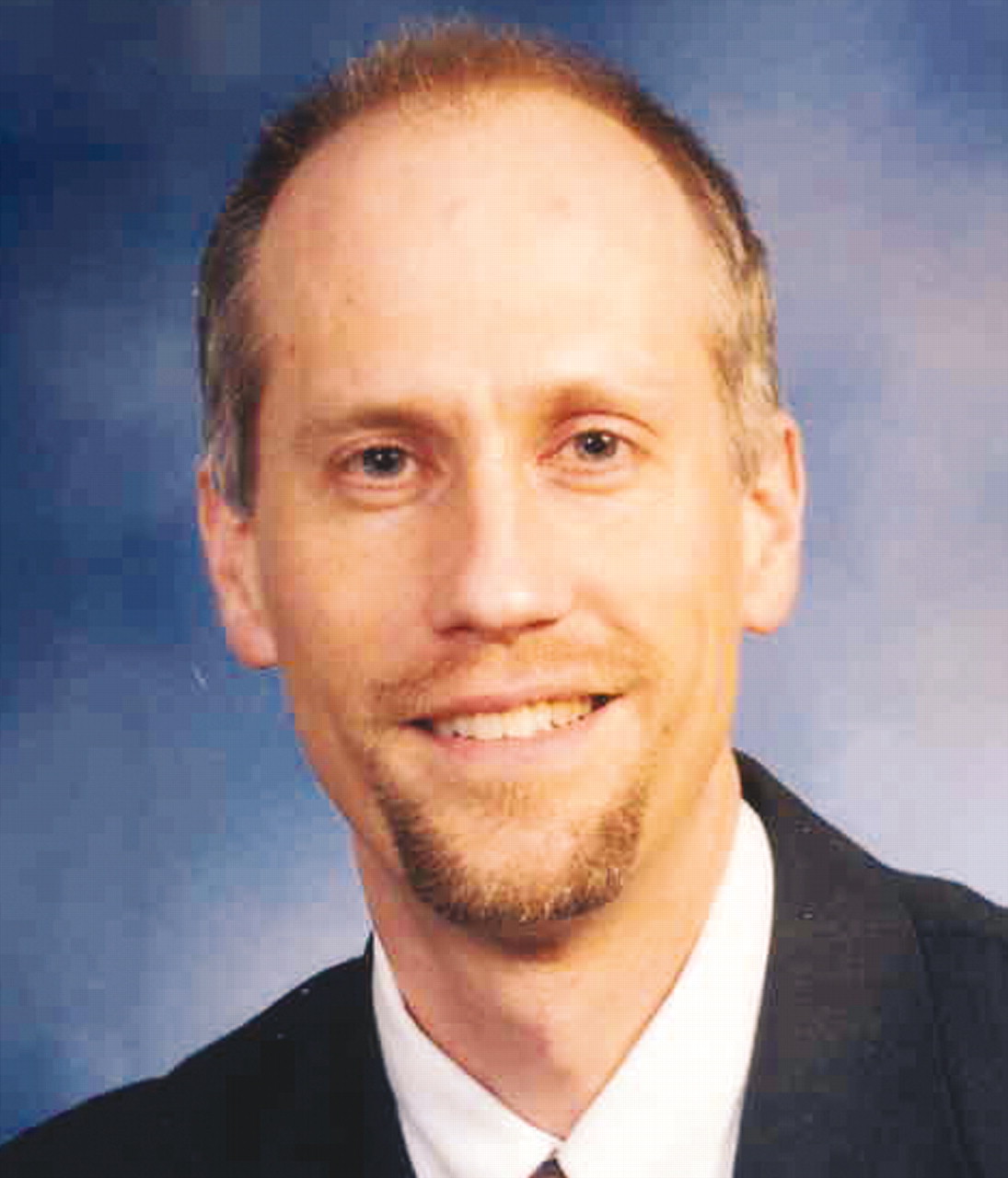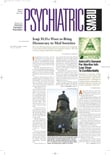A colleague recently suggested that I consider writing a piece for this column regarding being an “older” student. At first, I could not imagine what people would be interested in reading regarding this topic. Then I realized that I have recently read resident articles that have addressed recruitment of psychiatry residents and the experience of psychiatry as a field, a career, and a vocation. In keeping with these themes, I would like to address the “older” students who come to the medical profession later in life, often after several years in another career field. Despite the apparent increase in mid-career changes in the last few years, the shift to becoming a physician is clearly unique given the investment of much effort and considerable delay before realization of the goal.
Admittedly, I don’t have specific data to support this suggestion, but psychiatry seems to attract more of the older students. Between the general and child and adolescent programs at the residency I attend, approximately 20 percent of the residents are in their mid-30s to early 40s. Does it make any difference for the residents, for the residency, or for the profession? Obviously I can’t speak for every older student or even claim to know what the majority have to offer or have experienced, but based on conversations with classmates during medical school and, more recently, fellow residents, I have noted some commonalities. I submit that in psychiatry more than most specialties being older and from another field can create more benefits than obstacles. Let’s examine the characteristics of the typical older student and the associated advantages and disadvantages. As I indicated, I have frequently discussed this issue with students and residents, and the following incorporates their comments with my experiences as an “older” student and resident.
Although not always correlated, older age tends to be associated with a greater period of work experience and family life. Having been employed for more than 15 years prior to starting medical school, I was accustomed to the routine of a Monday-through-Friday, 8 a.m.-5 p.m. schedule, and with my occupation, often late nights, weekends, and middle-of-the-night calls to work. This translated well to the all-day lecture and lab schedules of the basic-science years of medical school, the long and often erratic schedule of the clinical years, and the eventual unpredictable and hectic residency schedule. This is in contrast to the work experience of most medical students, who, given the typical path to becoming a physician, usually only had the opportunity for part-time employment during the school year and summer jobs between academic years through their undergraduate education. With a career rather than just a job, one must develop both short- and long-range goals, time-management skills, and workplace political savvy.
All of medicine involves human interaction, but in psychiatry it is the primary source of clinical data, along with unobtrusive observation. Interviewing and observation skills carry such importance in psychiatry that passing an oral examination composed of interviewing a real psychiatric patient and presenting findings and a biopsychosocial formulation and treatment plan before a panel of examiners is a requirement for board certification. Outside of a medical school psychiatry clerkship and those schools with extensive interviewing courses, physicians in training do not receive much time honing their interpersonal skills with patients. Having prior workplace experience can be invaluable in this area. When you must accomplish daily tasks, navigate the promotion system, and vie for sought-after assignments and locales, good verbal skills, diplomacy, flexibility, tolerance, and the ability to read social cues rapidly are necessities.
Short-term jobs carry less risk and hence less need for developing these abilities than careers in which one, at least at the time, plans a long-term commitment. You have to contend with supervisors who range from the competent, relaxed, fair, and supportive to the incompetent, demanding, arbitrary, and demeaning, and subordinates who range from those with a strong work ethic, independence, and initiative to those with no sense of responsibility and passive-aggressive traits. These abilities and experiences help one endure the variety of supervision beginning during the clerkships of medical school and lasting through the multiple rotations of a residency. They also enhance one’s clinical acumen in terms of rapport building, information gathering, and maintaining an ongoing therapeutic alliance with patients.
Older residents are also likely to have had a more extensive family life, both in terms of their families of origin and those they may have begun. Parents with diminishing health raise issues of nursing care, finances, and end-of-life decisions. Those who have started their own families often have experiences with marriages or partnerships, possibly divorces, and children maturing through their own life stages. One’s personal health becomes a factor as well. Older students and residents are more likely to have experiences with major medical diagnoses, hospitalizations, surgeries, and maintenance medications. Obviously psychiatrists need not have experienced every conceivable life-stage event to understand their patients or relate to them, but having more experiences can often expedite rapport, provide insight, and enhance empathy.
Having had a career and started a family also brings a different perspective to long-range life goals, both professional and personal. Older residents often have a better idea of what they want out of life, having lived almost half of it, which affects how much time they devote to work, family, and themselves. By the very nature of the work required to get into and then through medical school, the “driven” person is often successful. Older students frequently have slowed the pace and learned to balance work and play, deciding what can wait or be completed without perfection.
Being older is not without its disadvantages. Having to be a “student” again, with its requisite note taking, extensive reading, hours of study, and exams, is a significant change. According to Malcolm Knowles, a guru of andragogy, the facilitating of adult learning, adult learners want immediate relevancy, practical application, and relatively quick payoff for their efforts. These qualities aren’t always possible in medical school, especially during the basic-science curriculum. Medical school is, in part, about assimilating massive quantities of information, rote memorization, and little, if any, credit for past experience. During clinical rotations and residency, being subordinate to residents and attendings who are often younger can be difficult when one is accustomed to being in charge. An associated complication is being mistaken for the attending, which has happened to me on more than one occasion, most likely due to the receding hairline and graying of what hair is remaining. Additionally, older residents are often more interested in getting back to work and finishing their training.
Fellow residents and the residency program can benefit from interactions with the older resident because of his or her experiences from the “real world” of employment and later stages of life. Older students can impart both sides of balancing work and play with examples. Prior careers are often in other disciplines, and older residents can provide new perspectives on topics presented during didactics and rounds. Child and adolescent lectures and rotations are occasions where older psychiatry residents might be able to share with classmates personal examples from parenting their own children that help illustrate concepts and techniques.
The advantages of age and its associated work and family life far outweigh the hindrances. Being older should be considered an asset for the resident, fellow residents, and the program when recruiting, interviewing, and selecting applicants. Not only can “old dogs” learn new tricks, but they probably can teach a few as well. ▪

